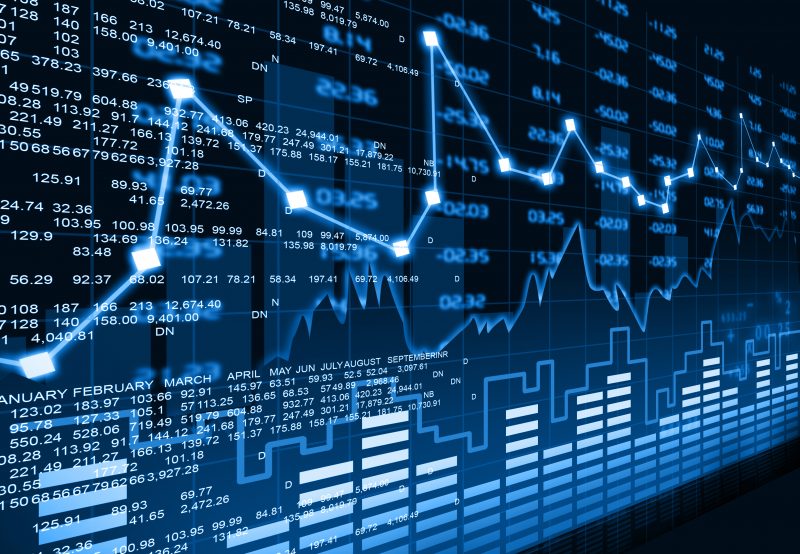A late recovery on Wall Street points to a positive start to Australian trade after the coronavirus outbreak was declared a global health emergency.
ASX SPI200 index futures rose 37 points or 0.5 per cent to 6976 as US stocks reversed early losses and a slide in the dollar promised support for exporters.
US stocks turned positive late in the session after the World Health Organization’s Emergency Committee declared a “public health emergency of international concern” but refrained from recommending restrictions on travel or trade with China. A relief rally saw the Dow, which had been down as much as 244 points, finish 125 points or 0.43 per cent ahead. The S&P 500 gained 10 points or 0.31 per cent. The Nasdaq added 24 points or 0.26 per cent.
The late reversal followed solid falls on Asian and European markets as the death toll from the coronavirus passed 170. More than 8,000 people have been infected. Japan’s Nikkei shed 1.72 per cent, Hong Kong’s Hang Seng 2.62 per cent and Europe’s benchmark, the Stoxx 600, 1.01 per cent. Chinese authorities have suspended trading in stocks until Monday. Investors are bracing for the worst after Taiwanese stocks resumed trade yesterday with a plunge of 5.8 per cent.
Nerves were steadied on Wall Street by another round of broadly positive quarterly corporate updates. Microsoft rose 2.82 per cent, Tesla 10.3 per cent and Coca-Cola 3.28 per cent after beating analysts’ forecasts. Facebook sank 6.14 per cent after reporting a slowdown in growth as the business matures. Seventy per cent of S&P 500 companies that have reported earnings this season have beaten profit targets, according to FactSet. Reports are due tonight from Chevron and Exxon Mobil. Amazon, which reported shortly after the closing bell this morning, jumped more than 10 per cent in after-market trade.
Defensive sectors outperformed riskier assets. Global bellwether Caterpillar fell 0.29 per cent. An index of semi-conductor stocks, also closely aligned to global economic growth, dropped 0.2 per cent.
The rebound in the US brought a modicum of relief for Australia’s battered miners even as iron ore, crude oil and industrial metals continued to fall. BHP’s US-listed stock gained 0.09 per cent after its UK-listed stock lost 1.73 per cent. Rio Tinto declined just 0.05 per cent in the US after shedding 1.75 per cent in the UK. The spot price for iron ore landed in China dropped $2.60 or 3 per cent to $US83 a dry ton.
Oil sagged to its lowest level since October amid speculation about the demand implications of travel bans in China. Brent crude settled $1.02 or 1.7 per cent lower at $US58.59 a barrel. The decline extended the international benchmark’s retreat from its September peak to 17.5 per cent.
Copper’s losing run extended to a 12th straight session, sending prices to their lowest level in five months. Benchmark copper on the London Metal Exchange dropped 1 per cent to $US5,587.50 a tonne. Aluminium gave up 0.3 per cent, lead 0.4 per cent, zinc 1 per cent and tin 1.1 per cent. Nickel rose 0.6 per cent.
Gold secured a fresh six-year high as investors sought havens. Gold for April settled $13.20 or 0.8 per cent higher at $US1,589.20 an ounce.
The ASX 200 declined 23 points or 0.3 per cent yesterday as stocks exposed to Chinese demand tumbled.
The dollar slid almost half a percentage point to 67.21 US cents.
Quarterly producer price inflation and December private-sector credit data are due at 11.30 am EST. China releases manufacturing and services industry updates at noon. A busy night ahead on Wall Street includes reports on personal spending and income, revised consumer sentiment, quarterly employment costs and the Chicago business barometer.

